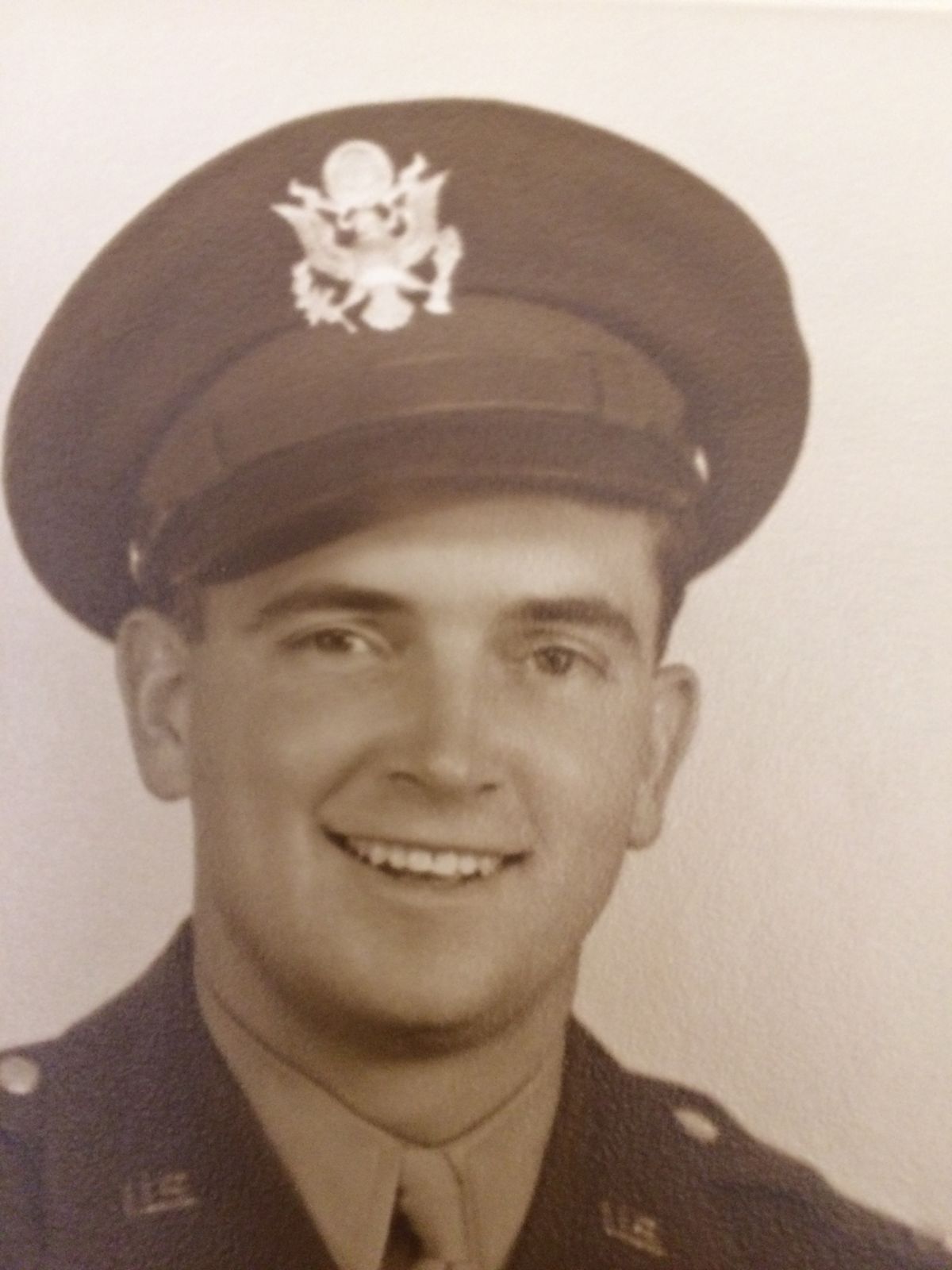‘It was a war for the right reasons’: 99-year-old WWII vet from Spokane recalls V-J Day

In the summer of 1945, First Lt. Clifford Rankin was back in Spokane and home from the war for a little rest and recuperation.
“Mostly, I was getting drunk and chasing girls,” Rankin said.
Who could blame him?
He’d survived 33 missions as a B-17 pilot in the angry skies of Nazi Germany; now he was waiting to be shipped off to the Pacific to finish the war against Japan.
“I didn’t want to go,” Rankin said. “I’d been in one war and didn’t want to go another.”
He didn’t have to.
Seventy-five years ago, on Sept. 2, 1945, the bloodiest war came to an end when the Japanese signed surrender documents in Tokyo Bay.
And Rankin could get on with his life.
It’s been a good one. Now 99, Rankin can look back on raising a family, running a successful dental practice for almost four decades and a retirement full of travel and good friends.
Many of those friends are stopping by the Rankin home on the South Hill, wishing him the best while hospice workers and his wife Carol tended to his needs.
His body is failing, but Rankin’s mind is sharp and his memory clear as he recalls those historic days, when America’s Greatest Generation won the war, then put down their weapons to win the peace.
“It was a good war,” said Rankin, who joined the Army Air Corps before finishing his bachelor’s degree at Washington State. “Everybody wanted to be in it, and nobody wanted to be left out.”
“And we were happy to do it,” said Rankin, who witnessed that common goal as a young man in Spokane and Pullman.
“It was a whole different world,” said Rankin as he recalled his family “saving tin foil by the pound.”
In many ways Rankin is emblematic of his generation, a life that reaches almost back to World War I.
Rankin and his three siblings grew up on the lower South Hill, where they rode sleds down the treacherous hill at 17th and Ray, watched silent films at the old Orpheum Theater and walked to school on dirt roads.
He was raised by parents “who taught me to tell the truth, finish a job and don’t complain,” recalled Rankin, who graduated from Lewis and Clark High School in 1939.
Along the way he raised money by cutting trees, stacking 100-pound bags of sugar and working as an elevator operator at the Crescent department store.
For two years, Rankin attended Spokane Junior College, which occupied the current Manito Shopping Center site at the corner of 29th Avenue and Grand Boulevard. By the fall of 1941, he was in Pullman and stayed there until the spring of ’43.
By then he’d already enlisted in the Army Air Corps – “because I didn’t want to be in the infantry,” Rankin said.
As it turned out, being on the ground might have been safer. Called to active duty in February of 1943, he shared a tar-paper hut with his comrades and ate food that was “frozen and awful to begin with.”
Hundreds of hours of training led him to a B-17 base in southeastern England, where he was based for all 33 missions.
Most were flown in weather so awful, pilots couldn’t see their neighboring planes.
“If you saw a bright red light, you knew that two planes had collided,” Rankin said.
During one mission, an engine began to fail.
“We couldn’t maintain air speed,” recalled Rankin, who ordered the bombs dropped and headed for home.
On another mission, Rankin’s B-17 ran low on fuel and was forced to land in Allied-occupied Belgium.
Despite a few close calls, Rankin beat the odds.
More than 50,000 American airmen lost their lives in World War II, most of them on bombing missions over Germany.
The war was still raging when Rankin was sent home after his 33rd mission. He fondly recalls the fancy-dressed waiters aboard the liner Queen Elizabeth, which had been converted into a troopship. Also on board were wounded Americans from the Battle of the Bulge.
He surprised his parents, then pondered a future that hopefully didn’t include a bombing run over Tokyo.
“I wanted to get on with my life – everyone did,” Rankin said. “When the war was over, the war was over, we wanted to get on and do something else.”
He was briefly entranced with the idea of becoming a commercial pilot. But as Rankin waited, he met some old college friends who had become dentists.
With the help of a recommendation from Crescent owner Eugene Shadle, he gained admission to the University of Oregon dental school in Portland, returned home and built a successful practice downtown.
“I enjoyed going to work every day for 37 years,” said Rankin, who also traveled the world.
“But I am so glad that I went to war,” he said. “It was a war for the right reasons – every American was involved in some way to serve their country.”